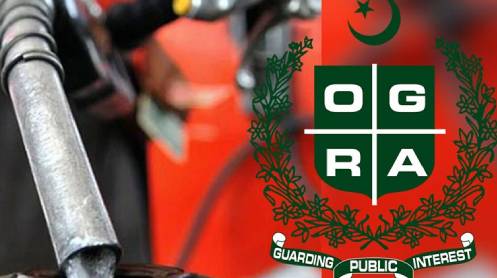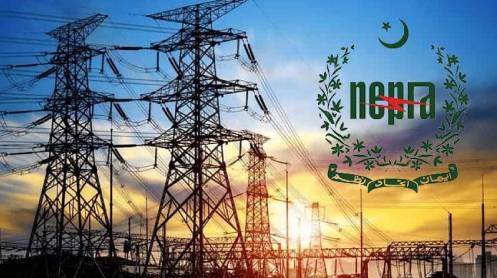Lahore: Pakistan’s National Carbon Market Policy, launched in November 2023, reflects the country’s commitment to emission reductions, but lags behind regional counterparts in ambition, sector coverage, and global integration, potentially limiting its ability to attract climate finance and investment, say garment manufacturers and exporters.
Pakistan Readymade Garments Manufacturers and Exporters Association (PRGMEA) Regional Chairman Dr. Ayyaz Uddin highlighted that while the policy is a step forward, it requires enhanced sectoral coverage, including cement, steel, and transportation, which are currently underrepresented. In contrast, India and China have prioritized these industries in their carbon strategies.
He emphasized the need for nationwide awareness campaigns, capacity-building programs, and regional collaboration to strengthen cross-border carbon trading. He also called for public-private partnerships to drive investments in carbon capture, renewable energy, and green hydrogen production.
Pakistan has pledged to cut greenhouse gas (GHG) emissions by 50% by 2030, with 15% being unconditional and 35% dependent on international support. However, this commitment faces challenges, especially as India targets a 45% reduction in emissions intensity by 2030, and China aims for carbon neutrality by 2060.
Pakistan’s voluntary carbon market remains in its early stages, lacking a formal compliance framework. In contrast, India’s Perform, Achieve, and Trade (PAT) scheme, launched in 2012, provides a structured mechanism for carbon trading, while Bangladesh focuses on renewable energy and agriculture within its carbon strategy.
Dr. Ayyaz Uddin stressed that bold reforms and integration with global carbon markets are essential for Pakistan to attract international investment and play a leading role in global climate action.





